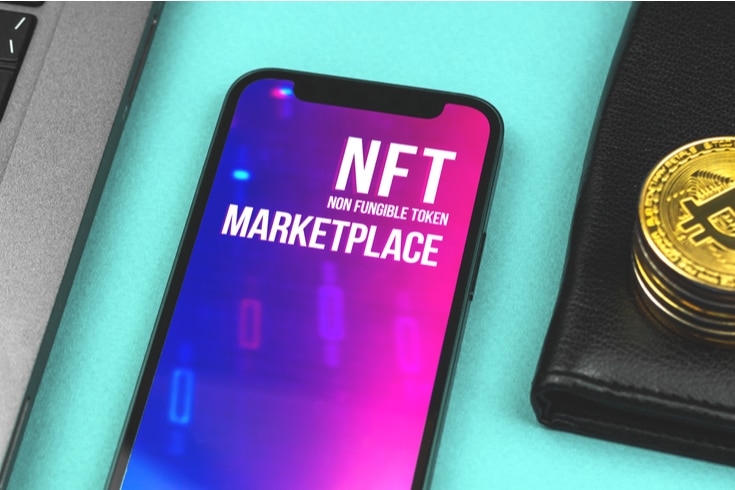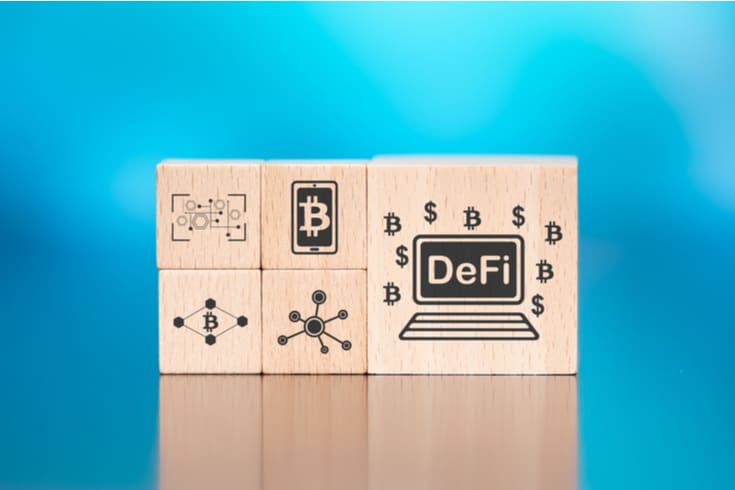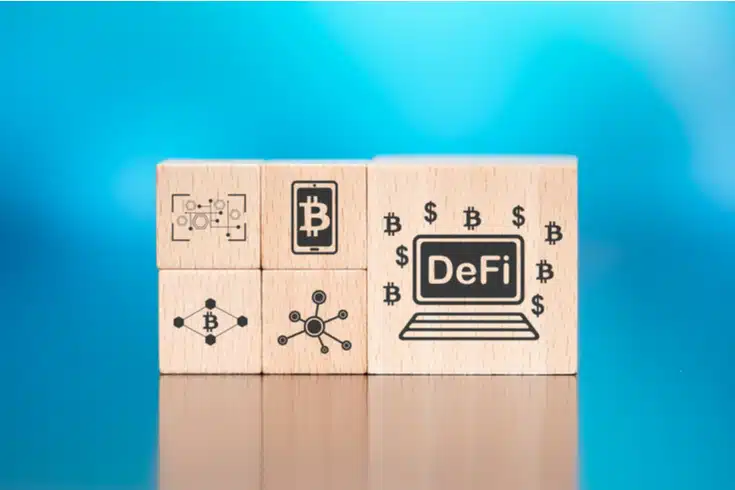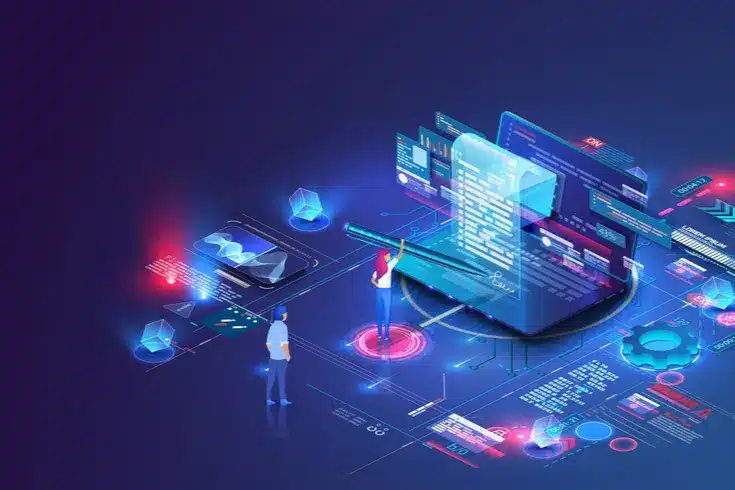Can Crypto Assets (Virtual Currencies) Be Seized?

With the spread of crypto currency (virtual currency) such as Bitcoin, more and more people are holding part of their assets as crypto currencies. However, the legal status of crypto currencies remains a topic of debate.
In this article, we will discuss whether a creditor can legally seize and collect debts through crypto-assets held by a debtor.
Legal Definition of Crypto Currencies
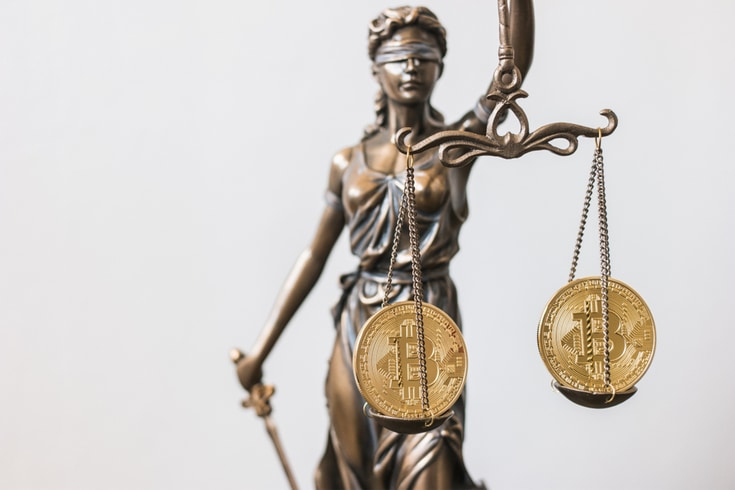
As per Article 2, Paragraph (5) of the Japanese Payment Services Act, crypto assets are defined as follows.
The term “crypto-assets” as used in this Act means any of the following; provided, however, that those indicating electronically recorded trasnferable rights prescribed in Article 2, paragraph (3) of the Finacial Instruments and Exchange Act (Act No.25 of 1948) are excluded:
(i) property value (limited to that which is recorded on an electronic device or any other object by electronic means, and excluding the Japanese currency, foreign currencies, and currency-denominated assets; the same applies in the following item) which can be used in relation to unspecified persons for the purpose of paying consideration for the purchase or leasing of goods or the receipt of provision of services and can also be purchased from and sold on unspecified persons acting as counterparties, and which can be trasnferred by means of an electronic data processing system; and
(ii) property value which can be mutually exchanged with what is set forth in the preceding item with unspecified persons acting as counterparties, and which can be transferred by means of an electronic data processing system.
In order to determine the possibility of compulsory execution, such as the seizure of crypto currencies, it is necessary to consider how crypto currencies are defined in private laws like the Japanese Civil Code.
Private Law Properties of Crypto Assets (Virtual Currencies)
If crypto assets are classified as “objects (physical items)” under the Japanese Civil Code, ownership rights will be established, allowing for delivery claims based on ownership.
In the Mt. Gox Co., Ltd. bankruptcy case, the Tokyo District Court ruled (2014 (Wa) 33320) that Bitcoin lacks tangible physicality and cannot be considered a “thing (tangible thing)” under the Japanese Civil Code. As such, the right to reclaim Bitcoin was denied.
Hence, the issue at hand is whether crypto-assets can be classified as credits, but it cannot be asserted that crypto-assets inherently qualify as credits.
The judgment regarding the objection to bankruptcy claim assessment for Mt.GOX Co., Ltd. deemed the following.
It is understood that bitcoin, when recognized as virtual currency, has the aspect of a claim seeking to be treated as a currency (“claims not intended for payment of money” under Article 103, Paragraph 2, Item 1a of the Japanese Bankruptcy Act).
This is according to the Tokyo District Court’s ruling on January 31, 2018.
As such, the rights of crypto asset holders to exchanges are considered to be recognized as bankruptcy claims.
Compulsory Execution of Cryptocurrency Assets

In the event that the obligor fails to meet the payment obligation, the obligee may initiate compulsory execution proceedings under the Japanese Civil Execution Act and collect the outstanding debt in accordance with the court’s decision. The Japanese Civil Execution Act outlines procedures for compulsory execution based on the type of assets held by the debtor, including real estate, movable property, bonds, and other property rights.
In order to possess and manage crypto assets, we have to use a wallet service.
If the debtor possesses solely crypto assets with no other assets, the creditor will pursue debt collection through the following methods.
Dealing with Crypto Assets in Bankruptcy Proceedings
Because crypto assets are considered “other property rights” under the Japanese Civil Execution Act, they can be subject to compulsory enforcement. Pursuant to Article 167 of the Act, compulsory enforcement of “other property rights” is conducted in the same manner as claims execution.
In cases where the debtor holds crypto currencies in their wallet, there is no involvement of third-party debtors, thus the seizure order will solely be issued to the crypto asset holder, who is also the execution debtor. However, if the holder of the crypto currencies does not cooperate by sharing the private key with the obligee, the seizure cannot be effective, making it difficult to collect the debt even with a seizure order in place.
Depositing with a Crypto Assets Exchange Service Provider
If a debtor deposits crypto assets with a crypto asset exchanger in place of their own wallet, the user has a claim against the crypto asset exchanger equivalent to the right to return the crypto assets in their custody.
Thus, we can carry out the compulsory execution as same process as execution of claims.
As there are no explicit provisions in laws and regulations regarding the appropriate response of a crypto currency exchange service provider in the event of a user’s seizure, the provider’s actions will be determined on a case-by-case basis.
Crypto asset exchange service providers often halt their services temporarily as outlined in their terms of use. In such cases, they convert the crypto currencies into legal currency and pay off creditors in accordance with court orders. If the debtor entrusts their crypto currencies to a broker, the risk of seizure is higher compared to managing the private key themselves.
Seizure of Crypto Assets in Japan
If the debtor has control over the private key, sending the private key to a third party after the seizure order may prevent the debtor from seizing the private key.
Since crypto assets do not have a way of public notice, the debtor may not be able to oppose the delivery in violation of the seizure order to a bona fide third party.
To prevent this, it is conceivable to request the debtor to disclose the secret key prior to seizure. If not disclosed, the method of indirect compulsory execution under Article 172 of the Civil Execution Law may be considered.
Indirect compulsory execution is a method of encouraging voluntary performance. If the debtor does not perform the obligation within a certain period of time, it warns to impose an indirect compulsory execution fee. However, it does not guarantee collection of the debt.
Seizure of Crypto Currencies: Consult a Lawyer
As discussed above, seizing crypto currencies presents several legal challenges, and there are instances where enforcing compulsory execution can prove to be challenging.
If you need to seize crypto assets like in the case that there is no assets except crypto assets, please consult a lawyer as soon as possible.
Guidance on Countermeasures by Our Office
Monolith Law Office is a law firm that boasts high expertise in both IT, especially the Internet, and law. Our firm offers comprehensive support for businesses that deal with crypto assets and blockchain.
Category: IT


